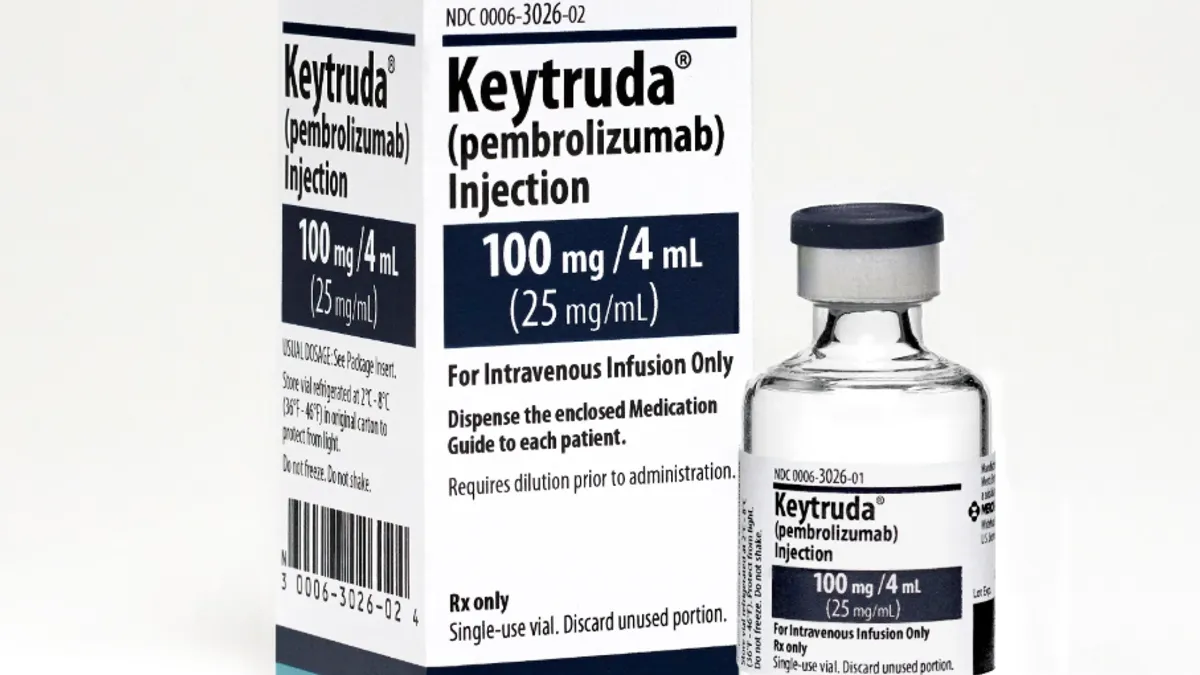Why Investigators Hold the Cards to Clinical Trial Success
“Including experienced investigators early in the process of writing a protocol would help prevent common issues that hinder trial enrollment and retention" said a clinical trial investigator from Jacksonville, Fla.
Clinical trials demand the active participation of investigators. It’s that simple. And that complicated.
The doctor-investigators who commit their time and expertise to upholding the integrity of a clinical trial need our help and encouragement. We already know they value the opportunity to be involved at the cutting edge of exciting drug development and to provide new treatment options for their patients. But the current marketplace climate is doing anything but inspiring their participation.
Studies have found that more than 50% of doctors decline to return as investigators after completing a clinical trial. At the same time, the number of clinical trials in the U.S. and Europe is rising quickly.
It’s a serious problem that looks like it will become more and more serious in the future. The impact on patients is obvious: slowing the development of important new medicines. The impact on sponsors is also clear: higher operational costs related to site identification, qualification, and clinical trial start-up.
We have the opportunity to work with many active and prospective clinical trial investigators. I’m consistently impressed by their belief in the importance of clinical trials, their dedication to helping make them more efficient and effective, and their passion about doing anything they can to benefit current and future patients.
Many see it as part of their duty to take part in clinical research because they fervently believe it is critical to be part of process that rigorously tests the medicines in development that could improve and even save the lives of their patients. “The research is for the public good with wide benefits for the whole community. It is an important part of being a well-rounded practitioner" said an anesthetist from New South Wales, Australia.
I recently spoke with one investigator who eloquently told me how much he believed, as a physician and as a human being, that investigators and sponsors should be working together in close partnership with a shared goal: bringing new medicines with a good safety profile to their patients as quickly as possible. It’s our collective job to make it easier for this kind of investigator to remain an active participant in our clinical trials.
Understanding the Investigator
However, before looking for a solution, it’s important to clearly understand the problem.
Many doctors tell us that they simply don’t have the time and resources available to support their participation. When they think of clinical trials, they see a complex morass or, as one told me, a “complicated and time-consuming administrative burden."
In a survey we completed late last year, we heard loud and clear from investigators that completing contractual and regulatory documents is a consistently burdensome administrative activity. For “burdensome," read “discouraging." In fact, 46% of respondents to our survey reported this as very or extremely burdensome.
Investigators also told us how frustrated they were with what they consider redundant questions asked by sponsors over and over again, particularly where it concerns contract and budget negotiations. When asked what activity they would rank as the most taxing, one investigator from Rochester, N.Y., said “repeating forms and repeating the same questions over and over when we’ve worked with the same CRO or sponsor for years."
In addition, doctors have reported to us that protocols are becoming increasingly complex, with sponsors often trying to answer too many questions in a single trial. For example, in one protocol you may have four primary endpoints, a few secondary endpoints, plus another three or four tertiary end points. These complexities create serious logistical issues, and can extend the duration of a clinical trial and have an adverse financial and resource impact on sites. A specialist in rheumatology said, “Many of the drug trials have protocols with inclusion and exclusion criteria that make recruitment very difficult and the researchers feel they have no input into the development of these protocols."
Frankly it’s no surprise when doctors tell us it is important to engage them earlier in the protocol development phase. With input earlier in the process, investigators can help prevent problems that contribute to high screen failure rates and other recruitment difficulties. “Including experienced investigators early in the process of writing a protocol would help prevent common issues that hinder trial enrollment and retention," said a clinical trial investigator from Jacksonville, Fla.
This isn’t about ego or arrogance, qualities doctors are sometimes accused of. Instead, it’s about facing the reality that protocols are becoming more complicated even as they, in the words of another investigator I spoke with, are becoming less intelligent.
Five Valuable Support Activities
Other ways to encourage and maintain their participation include guaranteed payment and streamlining start-up with improved Good Clinical Practice (GCP) training every two years, cross-sponsor sharing of contracting preferences, and essential document collection. In detail, our survey revealed that more than 70% of global investigators would find these five support activities extremely or very valuable:
» Cross-pharma GCP repository with training needed once every two years (85%)
» Ability to upload investigator CVs to a cross-pharma repository (79%)
» Guaranteed investigator payment within 30 days (78%)
» Annual Master Service Agreement with cross-pharma repository of essential regulatory docs (75%)
» Cross-sponsor sharing of contractual preferences (73%)
Technology may also become an even bigger ally for CROs and sponsors in the search for qualified investigators. Initiatives such as TransCelerate and Investigator Databank have the potential to help increase investigator participation at a time when the demand for clinical trials continues to increase. The early returns are encouraging, but it will be interesting to monitor the degree to which pharmaceutical research sponsors are able to adapt their processes to reduce the investigator burden while also realizing time and cost efficiencies.
Investigator Databank is a global collaboration between Janssen, Lilly, Merck, Pfizer and Novartis (with more companies to come) to share investigator information that each company has on file with one another. As reported on www.investigatordatabank.org, it currently contains 180,000 investigators who have been involved in research activity since 2008, and includes 7,335 protocols, with 1.9 million patients enrolled, at over 50,000 sites. TransCelerate BioPharma Inc. is a non-profit organization focused on advancing innovation in research and development (R&D), identifying and solving common R&D challenges and further improving patient safety, with the goal of delivering more high quality medicines to patients.
That said, CROs and sponsors still have their work cut out for them even if these and new technologies develop as hoped.
CROs and sponsors must show they recognize and want to address investigator concerns by better engaging investigators and clinical trial sites. By giving investigators more confidence in the clinical trial protocol, CROs and sponsors will find it easier to reduce investigator turnover and therefore save valuable time and money as they make clinical trials more efficient.
The FDA defines a clinical research investigator in 21 CFR Title 1, Part 812, as “an individual who actually conducts a clinical investigation, i.e., under whose immediate direction the test article is administered or dispensed to, or used involving, a subject, or in the event of an investigation conducted by a team of individuals, is the responsible leader of that team."
We know they can be so much more than that when it comes to launching and completing a successful clinical trial. It’s our job as an industry to do whatever we can to encourage more of them to join us in the important work of developing new medicines through clinical trials.
DrugDev has the industry’s largest global network of active investigators, comprising over 80,000 investigators in 115 countries. DrugDev acquired CFS Clinical in October 2013 and TrialNetworks in May 2014 and together they create global, standardized processes to promote collaboration among sponsors, CROs, and sites in finding, engaging, and paying investigators. Innovative solutions include study feasibility, site identification, trial optimization, site contracting, essential document management and investigator payments.
For more information, visit drugdev.org.



















